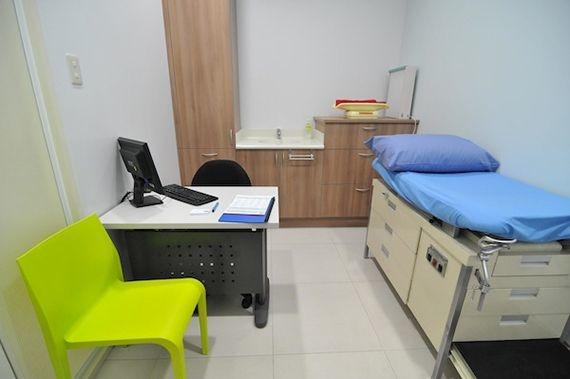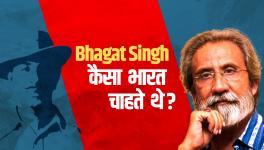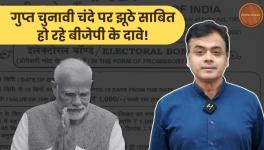Poetry in Doctors’ Prescriptions!

A doctor’s injection, a surgeon’s knife and cabinets full of medicines- these are the most common images that come to our mind with the picture a hospital. But a patient’s healing may not only be restricted to simply medication and surgery. Be it reducing the pain of cancer patients or healing paediatric patients soothingly, physicians are increasingly resorting to other non-pharmacologic ways to deal with. While music therapy is already in practice, newer tools like the use of poetry as treatment have started to make its way into the doctor’s prescription.
However, the doctors are saying that in no way it should be perceived that using music or poetry can cure any disease caused by bacteria, virus, etc., nor it is claimed that they can completely cure a complicated ailment or medical condition. What is being argued is that these methods, when applied, can make patients heal quicker, help in reducing or alleviating pain, and even help people with psychological problems in getting better – and so and so forth.
Language and human expressions heal beyond Medicines and Surgeries
Danny Linggonegoro, an MD student at Harvard Medical School is optimistic about incorporating poetry in treatment. According to him, language and human expressions have a role in a patient’s healing in a way beyond medicines and surgeries can have. And adopting various mediums of aesthetic experiences like that of poetry can reduce the fear that the patients have due to loaded medical terminologies like the blood oxygen level, drug protocols, surgical interventions, etc. This also increases the communication between a doctor and a patient.
The power of poetry in eliciting strong emotional response has been recorded through a neuroimaging study. It shows that listening to poetry can act as a strong stimulus of emotion generation including chills and goosebumps via the activation of the primary reward circuitry—the mesolimbic pathway of the brain. This circuitry has been found to be heavily implicated in conditions like schizophrenia, depression and addiction. Actually, structural changes in this brain pathway contributes to these disorders. Mesolimbic pathway is also involved in emotional, physical and sexual abuses. Moreover, changes in this brain circuitry caused by mental trauma can also cause drug addiction. The connection of listening to poetry and the activation of the reward circuitry is very important from a clinical point of view. The use of non-pharmacological adjuvants like music and poetry can reduce pain in patients and also reduce the use of opioids by doctors.
Successful Trials
A clinical trial was done by researchers of the University of Maranhao in Brazil. They assessed the effect of listening to poetry or music on pain, depression and hope score, in the patients hospitalised in a cancer facility. They applied the trial on 75 adult patients experiencing severe oncological pain. What this study had to reveal is something really interesting—both music and poetry produced improvements in pain intensity and depression, but it is only poetry that increased the hope scores.
Efforts of this sort have already been made in lot other studies as well. A group poetry therapy was applied on Iranian women undergoing chemotherapy for breast cancer. The 30 women that participated in the study revealed improvements in their healing capacity and quality of life.
Findings of the neurological underpinnings of poetry effects in producing emotional responses and the clinical trials made on various patients have made the entry of arts and aesthetic into the clinic. Sarah Friebert, the paediatrician at Akron’s Children’s Hospital in Ohio, USA, has started integrating poetry into clinical practice. In her paediatric palliative care centre, a writer-in-residence would visit the children and help them create poem and stories. After their discharge from the clinic, the writer-in-residence can also be requested for home visits.
This year, the 9th Annual Hippocrates Poetry & Medicine symposium was held in Northwestern University, USA. The symposium attracted scholars with interest on poetry, health humanities and narrative medicine. The symposium aimed to explore several topics regarding poetry and healing from diseases. Among those topics, how poetry can influence the experience of illness; is there a way that the physiology of human body and a poem’s language talk to each other; how the lyrical form in poems can influence health care, were some of the noteworthy ones.
An emerging field of clinical experimentation, poetry and music can have good potential as far as medical practice is concerned. But still being in the introductory stage, the clinical trials and assessment of its effects will have to be extended further.
Get the latest reports & analysis with people's perspective on Protests, movements & deep analytical videos, discussions of the current affairs in your Telegram app. Subscribe to NewsClick's Telegram channel & get Real-Time updates on stories, as they get published on our website.














